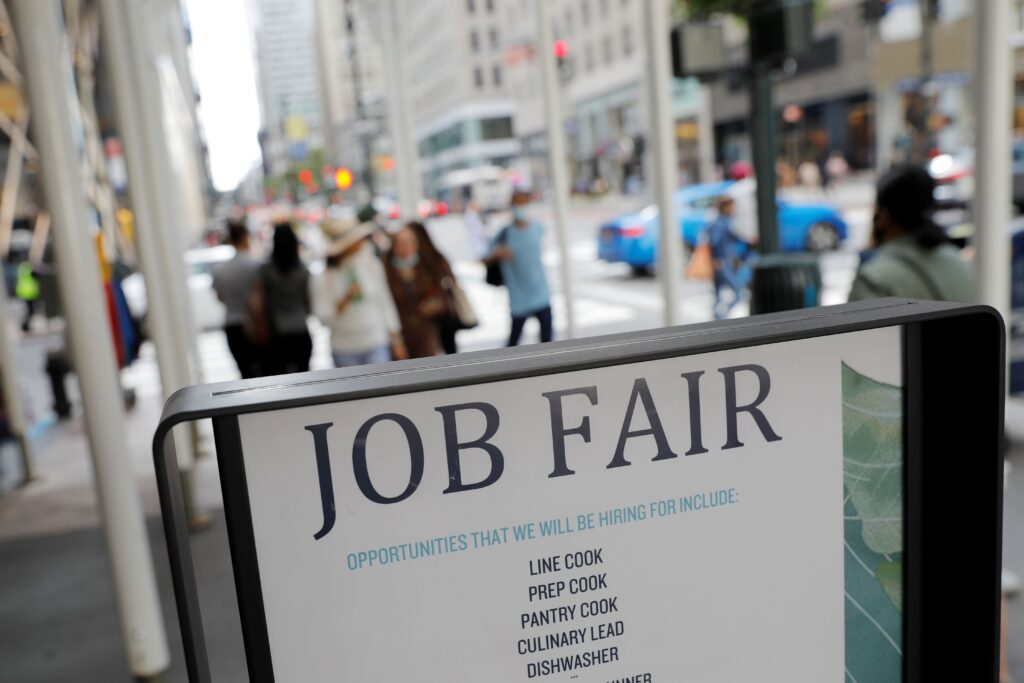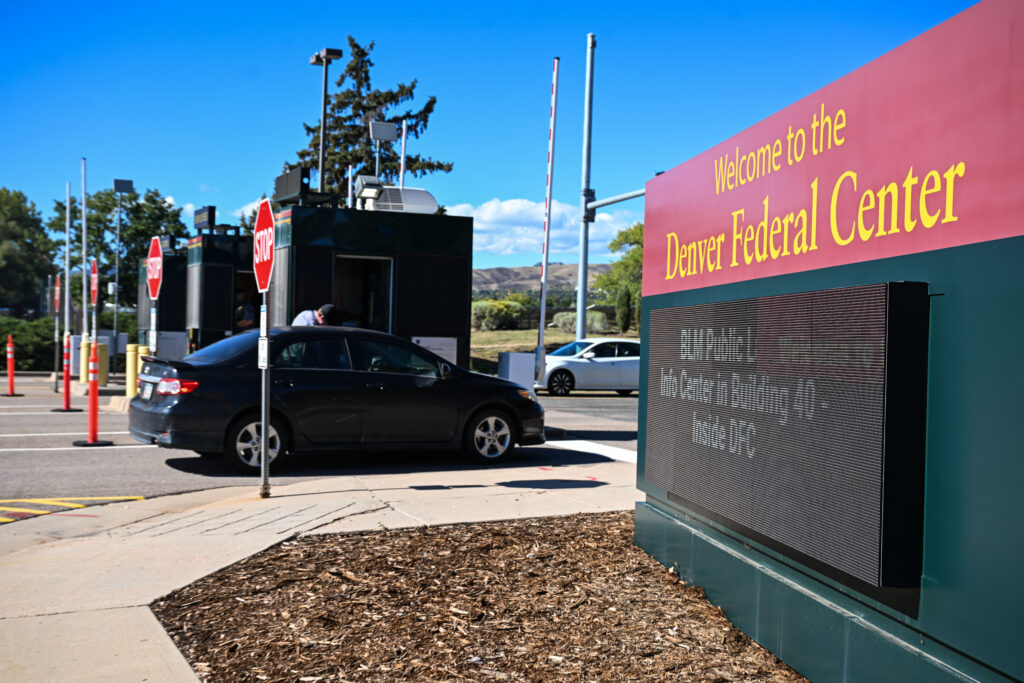? Transparency urged for Denver pot policy office
The 2 year old Denver Office of Marijuana Policy should do more to increase public awareness of where the city’s marijuana-related tax revenue is spent, according to Denver Auditor Timothy O’Brien.
While he praised the strategic planning and collaborative efforts of the office in an audit report presented to the independent audit committee Thursday, Oct. 20, O’Brien recommended more be done to track the use of recreational marijuana tax revenue and improve public outreach.
“Regardless of your opinion on marijuana, it’s hard to deny the significance of additional tax revenue in the city’s coffers,” said O’Brien in a news release. “We made suggestions on how to report that tax revenue for greater transparency. Because legalized marijuana is brand-new, and because commitments were made to voters when they approved additional sales taxes, it is vital that the public know exactly how those tax dollars are being spent.”
The report identified a lack of transparency about the city’s use of marijuana tax revenue. Of the nearly $80 million in marijuana-related revenue generated between 2014-16, only $20.6 million was budgeted toward marijuana-related expenditures, leaving $59 million in the general fund to pay for other city services. The city charter does allow these marijuana funds to flow into the general fund.
However, only $9.1 million of the $14 million in revenue from the Denver special retail marijuana sales tax – intended to support marijuana regulation, education, enforcement, public health and other expenses related to operating the city and its facilities – and part of the state share-back and licensing fees were budgeted for these areas in 2016.
Denver voters approved a 3.5 percent sales tax to partially fund expenses related to the licensing and regulation of recreational marijuana, as well as educational and health programs to mitigate negative consequences of marijuana legalization.
Brendon Hanlon, chief financial officer for the City and County of Denver, said Mayor Michael Hancock’s proposed 2017 budget includes a table with the amount of special marijuana sales tax revenue and the agencies that will receive those funds. However, Hanlon said a recommendation to set up a special revenue fund in the budget for city marijuana revenue would need added administrative steps to accurately track every expenditure among several city departments.
O’Brien noted the audit report did not find any misspending of city marijuana tax revenue, but added Colorado lottery proceeds are tracked in a special revenue fund by state officials.
“I think it would be proper to account for all marijuana revenue in a special revenue fund, so maybe you would reconsider that,” he told Hanlon. “That would give the kind of disclosure the public deserves, especially with a controversial industry like this one is in many respects.”
Another audit recommendation was to improve communication with marijuana businesses and neighborhood organizations. The office agreed to carry out the recommendations by adding more industry participants to existing “check-in” meetings, increasing the number of marijuana businesses who receive office-generated bulletins, keeping the office website updated and hosting a “Citizens’ Academy” in 2017 for community representatives. The office also recently hired an additional employee to help with community engagement.
O’Brien’s other recommendations involved improving tracking of several internal activities, such as implementing strategies and formally documenting outcomes from internal and external meetings.
“For the most part, (the office) agreed with these recommendations,” said Audit Supervisor Emily Owens. “The one exception was formally documenting outcomes from its small, frequent meetings, which they felt was not an efficient use of its limited resources.”
Ashley Kilroy, the office’s executive director, noted Denver’s 453 marijuana outlets – medical, retail, cultivation, testing and marijuana infused products – is considered to be a “saturation” point, meaning no new license applications are accepted.
“We don’t think there is an issue with access to marijuana in the city, so the city council capped the number of marijuana businesses,” she told the committee. “Once we have some of these businesses attrition out (or close), we will accept applications for a lottery” to open new such businesses at some point.











